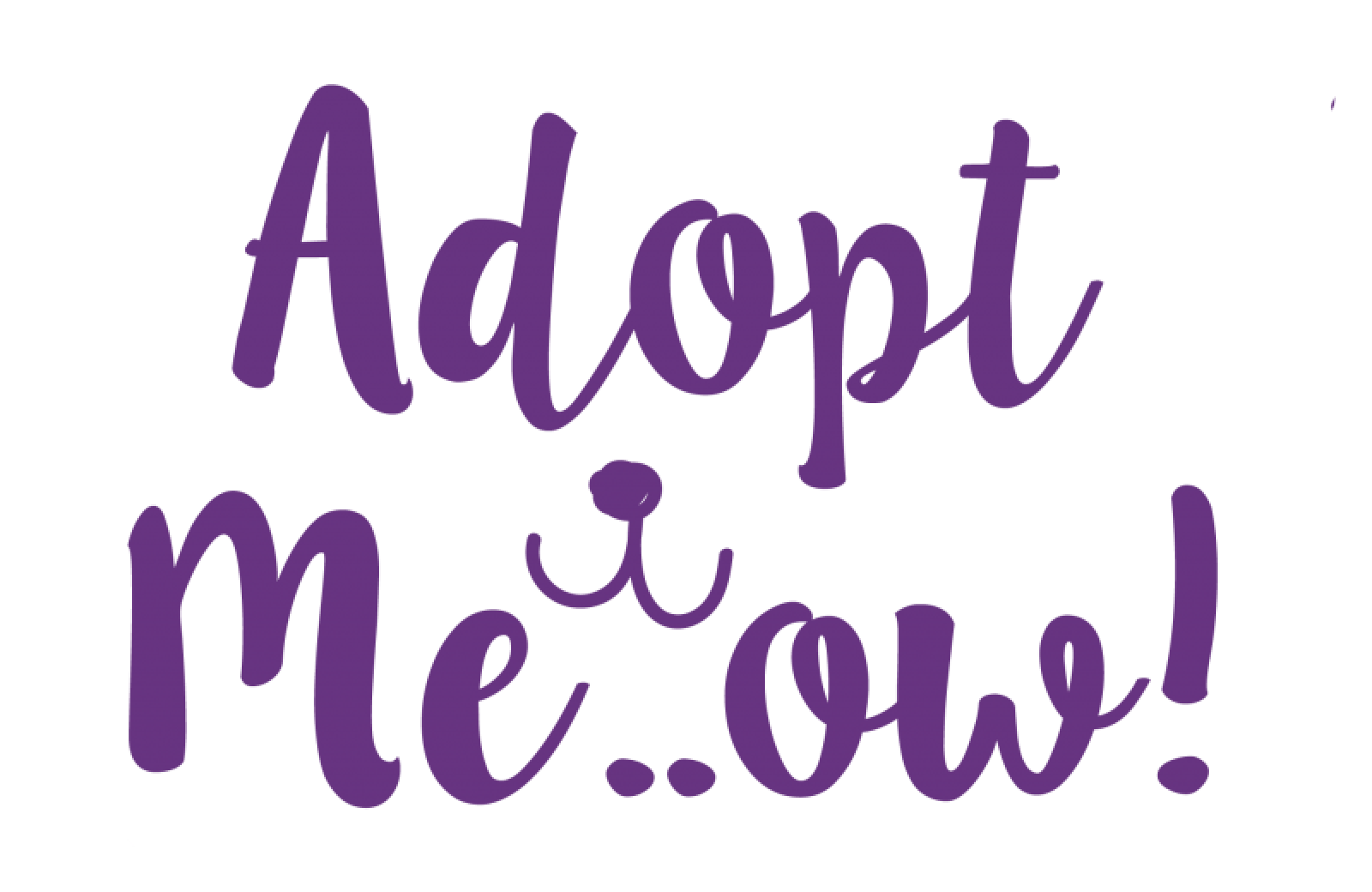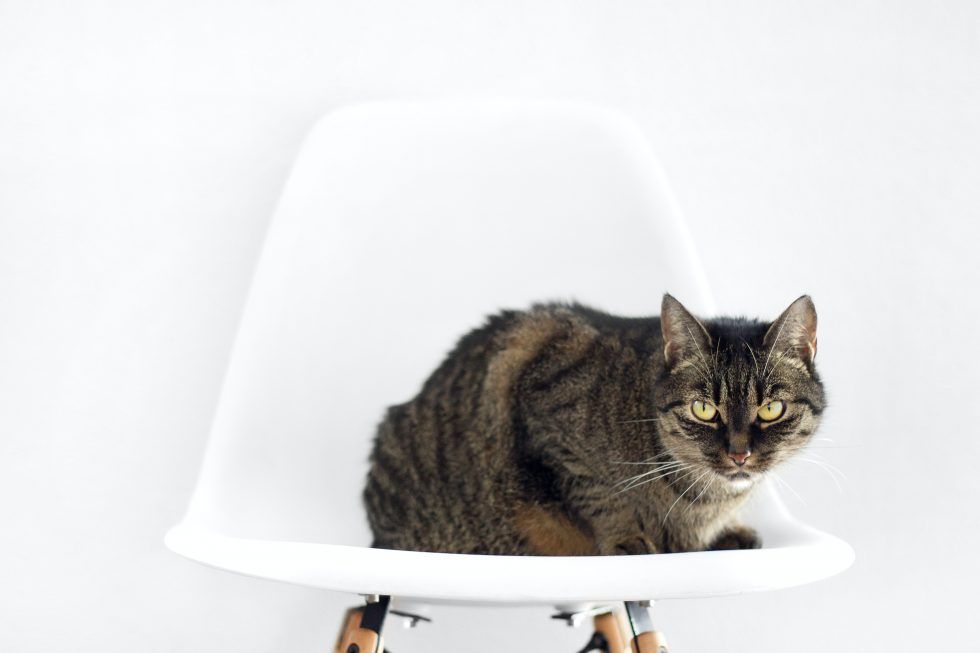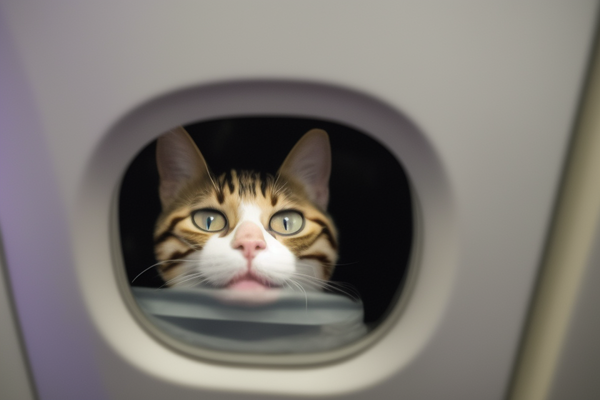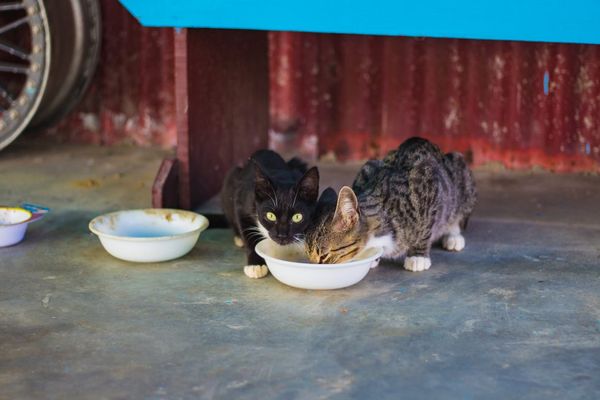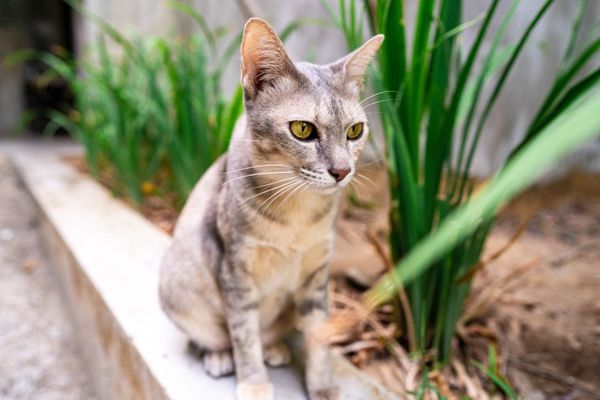Feline Leukemia Virus (FeLV)
Feline leukaemia virus (FeLV) is a viral infection of cats occurring worldwide which can cause lymphoma, leukemia and tumours, as well as other more common side effects such as immunosuppression and anemia.
A cat persistently infected with FeLV is highly likely to develop clinical disease related to the virus. The development of effective vaccines and readily accessible tests have significantly reduced the prevalence of this disease, however, we do unfortunately see cases of FeLV positive cats here in Chiang Mai!
How does FeLV spread?
Feline leukemia virus (FeLV) belongs to a group of viruses which are spread through cats saliva and other bodily fluids. The infection is most readily spread between cats from fighting, or passed to kittens from an infected mother via her breast milk.
Because the virus sheds in cats saliva, it is thought that infection can also pass through prolonged social contact with other infected cats. For this reason, it’s usually recommended to keep FeLV+ cats isolated from healthy cats, or in single-cat households, to prevent the spread from shared grooming, litter trays and food.
Outcomes & life expectancy
There are three stages of FeLV:
- Abortive — A cat is exposed to the virus and may even test positive to begin with, but their own immune system proceeds to fight it off. It is thought that this is the case with up to 30% of infected cats.
- Regressive — When an infected cat is asymptomatic, but still poses a threat to other cats. The majority of FeLV+ cats will remain regressive for many years with proper care and management.
- Progressive — An FeLV+ cat who is showing signs of sickness, and is extremely contagious.
The bottom line: FeLV is not a death sentence.
Vets in many countries have been euthanizing FeLV+ cats upon seeing a positive test — but modern research, vaccines and cat advocacy has shown that euthanasia should not be the recommended option unless the cat has progressive FeLV and is irrecoverably sick and suffering.
As explained above, up to 30% of infected cats may actually form a strong enough immune response to rid themselves of this virus completely. But persistently (permanently) infected cats can lead normal, happy lives too.
Most research has shown that cats who are persistently infected with FeLV will eventually show symptoms, and have a life expectancy of up to 3-4 years. However, it can also be much longer with proper care. Kittens diagnosed with FeLV are at more risk since their bodies are much more vulnerable to illness than an adult cat.
Symptoms of FeLV
Clinical signs of FeLV are extremely diverse and are most typically a variety of chronic and/or recurrent issues, which get progressively worse over time:
- Fever
- Lethargy
- Poor appetite
- Weight loss
- Anemia
- Persistent issues with respiratory system, skin or intestinal problems
An increase in recurring symptoms such as those above suggest a progressive deterioration of the cats immune response and ability to deal with infections. However, many cats may become infected without showing any symptoms, which is why testing and vaccinations are so important.
Diagnosis
Fortunately, quick and affordable tests for FeLV exist and can be done in any vets office with a blood test. These tests are very important to ensure the spread of FeLV is properly managed.
Most vets will test for FeLV and FIV at the same time, and before administering any vaccinations for FeLV. At Adopt Meow, we test kittens from the age of 3 months and onwards, as part of their routine preventative care measures.
What to do if my kitten/cat tests positive?
First of all, don’t panic. It’s important to take a measured approach using the following steps to prevent the spread, and confirm the diagnosis.
Step 1: Isolate
If you have other healthy cats in the household, it would be best practice to separate them from the infected cat until further tests have been made to confirm the diagnosis.
Step 2: Re-test
Although testing is generally reliable, false results do occur. In addition to this, the test only shows a result for a specific time frame — so if you have a cat who is in the Abortive phase for example, she may later test negative after her body has fought the infection. It’s important to re-test after at least a 30 day wait period for this reason.
Additional antibody tests are available (commonly called IFA or PCR tests) which you can ask your vet to carry out after an initial 30-day wait period from the first positive result. These tests take longer as they need to be sent to a laboratory, but are a more effective way to confirm the diagnosis.
Step 3: Supportive care
Speak to your vet to discuss the best options for supporting your cat (further tips below, but it’s always best to consult your vet since each cat has different circumstances).
Treatment & management
There is no cure for FeLV infection as of yet, and no widely tested and approved drugs, though promising research is still ongoing.
At the moment, FeLV+ cats in Thailand are usually managed with the following steps:
- Only allow FeLV+ cats to live with other infected cats, and keep them isolated and indoors.
- Full vaccinations and regular parasite treatments to prevent disease are of utmost importance
- Regular vet visits and high quality nutrition
- Management of any FeLV onset illnesses, such as anaemia
- In addition to this, some vets may recommend antiviral drugs (such as Interferon) to help reduce viral replication and support the immunity of the infected cat.
- Cats with progressive FeLV are at higher risk of developing lymphoma, leukemia and tumors, and in those instances additional supportive care is required, including Chemotherapy.
Prevention & vaccines
To prevent cats being exposed to FeLV, it’s important to test and vaccinate your cat. The FeLV vaccination is readily available, but not considered as a core vaccine so not all vets will recommend it.
Since FeLV is prevalent in Thailand, it’s recommended that you get your cat vaccinated, even if they’re an indoor cat, as a preventative measure.
We hope you have found our articles useful. All of our education and advice is available for free, wherever you are in the world.
As a charity we rely on donations to allow us to continue helping cats in our local community, and to keep updating this site with useful information.
Any donation to support our work at Adopt Meow is greatly appreciated.
